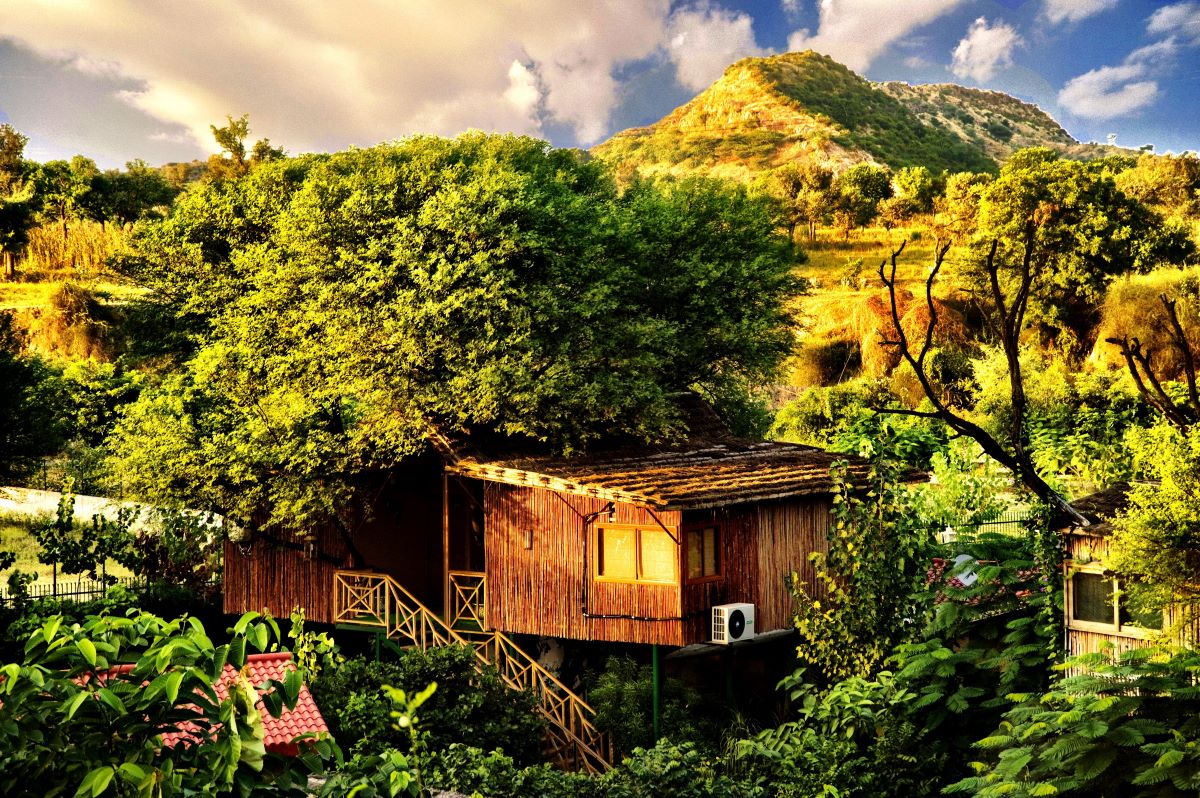Booking.com Highlights its Short-Term Rental Strategy in India

Skift Take
Nearly 34% of Booking.com’s global total room nights came from the alternative accommodation segment during the April-June quarter.
“This is a segment that's growing faster for us than traditional hotels,” said Santosh Kumar, Booking.com's country manager for India, Sri Lanka, Maldives and Indonesia. He was speaking with Skift’s Asia Editor Peden Doma Bhutia in the latest episode of the Skift India Travel Podcast.
Subscribe
Apple Podcasts | Spotify | YouTube | RSS
Kumar listed out how the segment has transformed the country's travel and tourism industry:
- It has enabled destinations to attract a whole new wave of travelers.
- It brought newer destinations into the limelight, helping neighborhoods to be experienced in a more authentic manner.
- It has facilitated a wave of micro-entrepreneurship for homeowners.
Booking.com offers roughly 14 alternate accommodation types in India — ranging from homes, apartments, villas, tree houses and camps.
“To be able to cater to this growing demand for the segment, we have introduced a quality rating, similar to the ratings for hotels but designed more towards the alternate accommodation standards,” he said.
Interestingly, 40% of new listings on Booking.com’s platform tend to get a booking within the first week of being listed.
“Quality rating is a self correction system. Once the algorithm takes into account properties which are doing really well in terms of service quality and standards, it rewards the property accordingly, which in turn drives more demand for that particular property,” added Kumar.
When a new accommodation is brought on board the platform, Booking.com says it ensures there are video checks and audits done in terms of verifying the listing.
The online travel company is also working with state governments to maintain consistency of standardization and quality.
"For Kerala Tourism, we’re running workshops for groups of homestay and smaller bed-and-breakfast owners in collaboration with the state tourism department, where we are training them on subjects ranging from customer service standards, selling in the online channel, operating more sustainability, etc," said Kumar.
Different tiers are starting to emerge in the segment — starting with low-budget hostels and camps, mid-range and even luxury accommodations.
"As this is a sector which is still finding its feet, it will be fascinating to watch what happens over the next few years. It will take some time before it starts to mature and there is clear delineation of categories in the segment," he added.
Other Takeaways from the Episode
1. With an expanding middle class and increasing outbound travel, India is a priority market for Booking.com.
2. Bullish on the India travel opportunity, the company introduced its flights vertical in the country last year, opened its Centre of Excellence in Bengaluru to expand its employee base in the country, and also launched Hindi as a language option for both consumers and accommodation partners.
3. Given the value-seeking behavior of the Indian consumer, Booking.com wants to maximize on connected trips to be able to cater to them as a one-stop-shop solution.
4. The company is experiencing a 5,000% increase in searches in Ahmedabad for October 15 ahead of the highly-anticipated India-Pakistan match during ICC Cricket World Cup 2023.




